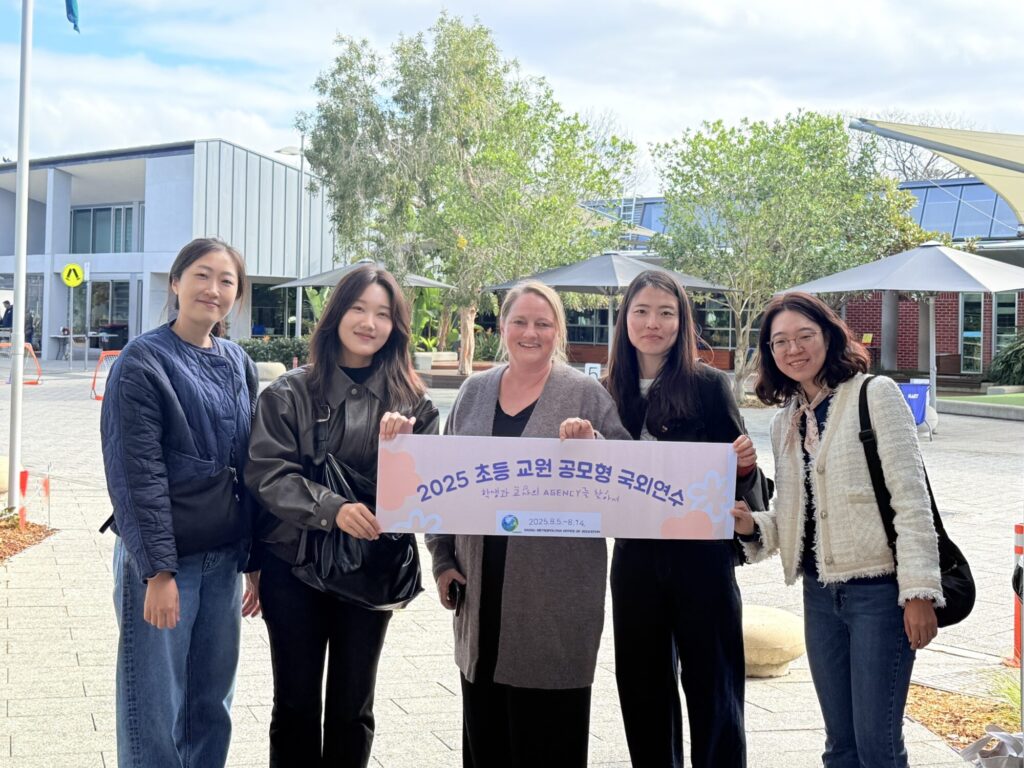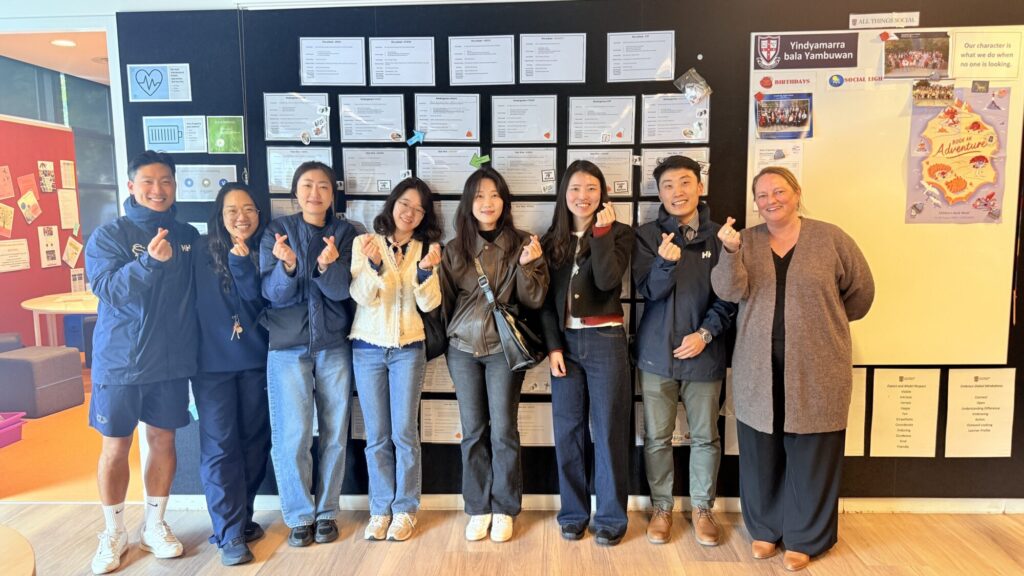
From the Deputies
Dear Families,
WaitMate
Thank you to the many Junior School parents who made time in their busy schedules last Tuesday to come and hear child and adolescent consultant psychiatrist, Dr Richard Baker, and Amy Friedlander from WaitMate. They helped us to better understand the consequences of smartphones and social media on growing minds and to consider a simple and cost-effective way we can reduce these risks for our own children.
They both stressed how important it is to think about how we can give back to our children more of their childhood by reducing smartphone technology usage in the first 12 years of their lives. Dr Baker noted that recent research showed mental health benefits for our children for every year we hold back giving them a smartphone, up until 18 years of age. There is also recent research that shows a causal link between smart phone usage and the deterioration of mental wellbeing during the teenage years.
As adults, we are all well aware of what a massive timewaster smartphones can be, but more significantly for our children, access to these very clever devices can shape, distort and overtake our precious children’s thinking, impacting their broader world view, their self-perception and their wellbeing. Their young brains are still developing and what they are exposed to affects them more seriously than adults. The more phone exposure too, the less influence we have as their parent, or caring teacher, and the less we are able to present a counterbalancing perspective that can help our children to have a healthy self-view and a balanced perspective on others and the world.
We already have had a number of families sign up to WaitMate after the session and we know there are many others who are keen to connect with others within their children’s cohort who are waiting to give their children a smartphone. Follow this link to a brochure about WaitMate and follow the QR code there to sign up. In the near future, we will be sending out an edited version of the presentation for those who were unable to attend in person last Tuesday.
We have been delighted with the wonderful response to this session with many families already signing up:
Year 6 – 13 unlocked!
Year 5 – 14 unlocked!
Year 4 – 8
Year 3 – 31 unlocked!
Year 2 – 25 unlocked!
Year 1 – 18 unlocked!
K – 15 unlocked!
But what if our family has already given our son a smartphone?
For families who are using smartphones and other screens, here are some guiding principles to minimise the risks of overuse or harmful content experiences:
- No social media under 16 – it will be illegal by 10 December and so weaning off or saying no to usage now is recommended
- Devices, including iPads, gaming consoles, laptops and smartphones should be used in shared family spaces
- No devices in bedrooms, especially overnight
- Designate device free areas and times in the home, such as mealtimes
- Set a curfew on messaging and usage to reduce the impact on sleep
- Model healthy tech habits by charging devices in a central location overnight, using old school alarm clocks next to your bed instead of phones, sticking to the device free space and time rules in your home that are set for your kids
- Share a digital contract, setting out clear expectations and conditions for safe use (ideally before children get a personal smartphone – but it is never too late!)
Sharing insights from our visit with Daegu teachers
Last week, we were pleased to welcome a group of primary teachers from Daegu, Korea, who visited Cranbrook Junior School to discuss our implementation of the Primary Years Programme (PYP). This visit was a wonderful opportunity to exchange insights, following my own visit to Daegu last year for the IB Global Conference. It was exciting to learn that the government in Korea is supporting public schools in Daegu to adopt the PYP, and it was an enriching experience to share our teaching and learning practices with them.
During their visit, we engaged in thoughtful discussions around key topics such as student agency, school culture, assessment practices, and the design of learning environments. Questions explored included how student agency differs between IB and non-IB schools, how we empower students, teachers, and the wider school community to exercise agency, and how our learning spaces support this. It was a valuable exchange of ideas that highlighted the importance of global connections in shaping the educational experiences of our students. In keeping with the IB’s mission of developing internationally minded individuals, these global connections help broaden teacher perspectives, foster cultural understanding, and enrich our collective learning journey. We look forward to continuing these conversations to further enhance our own practices.
Additionally, the visit was made even more special by the participation of our three Korean staff members, who were delighted to engage with the visitors in their own language. This created a unique and meaningful connection, reinforcing the value of language and cultural exchange in our collaborative efforts.


Kind regards,
Genét Erickson Adam
Deputy Head – Curriculum P-6, Snowsports Coordinator
